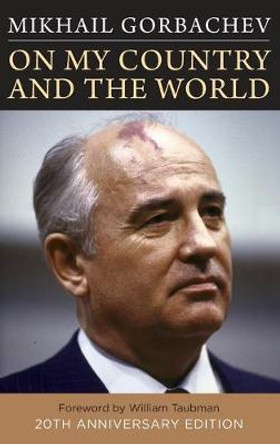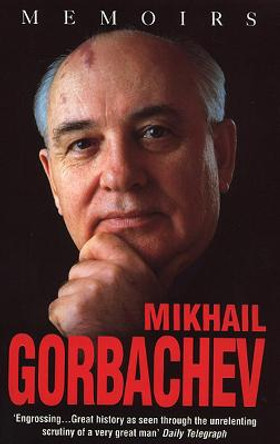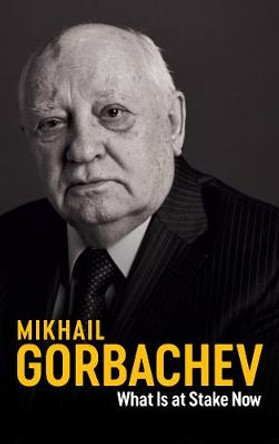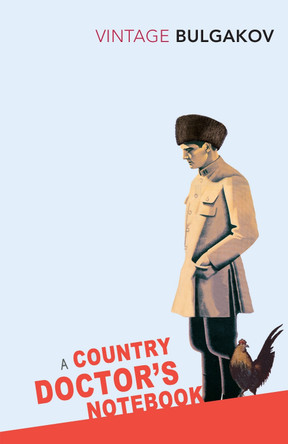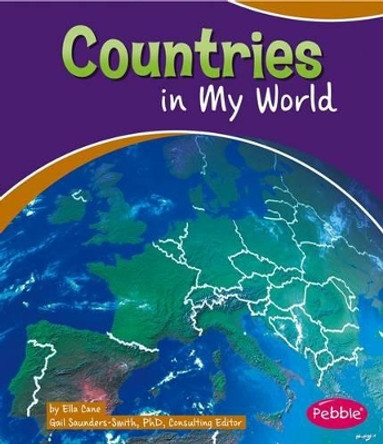Description
The book begins with a look back at 1917. While noting that tsarist Russia was not as backward as it is often portrayed, Gorbachev argues that the Bolshevik Revolution was inevitable and that it did much to modernize Russia. He strongly argues that the Soviet Union had a positive influence on social policy in the West, while maintaining that the development of socialism was cut short by Stalinist totalitarianism. In the next section, Gorbachev considers the fall of the USSR. What were the goals of perestroika? How did such a vast superpower disintegrate so quickly? From the awakening of ethnic tensions, to the inability of democrats to unite, to his own attempts to reform but preserve the union, Gorbachev retraces those fateful days and explains the origins of Russia's present crises.
But Gorbachev does not just train his critical eye on the past. He lays out a blueprint for where Russia needs to go in the twenty-first century, suggesting ways to strengthen the federation and achieve meaningful economic and political reforms. In the final section of the book, Gorbachev examines the "new thinking" in foreign policy that helped to end the Cold War and shows how such approaches could help resolve a range of crises, including NATO expansion, the role of the UN, the fate of nuclear weapons, and environmental problems. On My Country and the World reveals the unique vision of a man who was a powerful actor on the world stage and remains a keen observer of Russia's experience in the twentieth century.
This anniversary edition features a new foreword by William Taubman, award-winning biographer of Khrushchev and Gorbachev.
About the Author
Mikhail Gorbachev was general secretary of the Communist Party of the Soviet Union, 1985-1991, and president of the Soviet Union, 1988-1991. He founded and directed the Gorbachev Foundation in Moscow. He is also the author of Perestroika and Soviet-American Relations, The Search for a New Beginning: Developing a New Civilization, and The August Coup: The Truth and the Lessons.
George Shriver has translated and edited many books, including Nikolai Bukharin's How It All Began: The Prison Novel and Roy Medvedev's On Soviet Dissent, The October Revolution, Let History Judge, and Post-Soviet Russia (all published by Columbia).
William Taubman is the Bertrand Snell Professor of Political Science Emeritus at Amherst College. He is the author of Khrushchev: The Man and His Era (2003), winner of the Pulitzer Prize and the National Book Critics Circle Award for biography, and Gorbachev: His Life and Times (2017).
Reviews
Important. * Pennsylvania Literary Journal *
Book Information
ISBN 9780231194891
Author Mikhail Gorbachev
Format Paperback
Page Count 312
Imprint Columbia University Press
Publisher Columbia University Press


